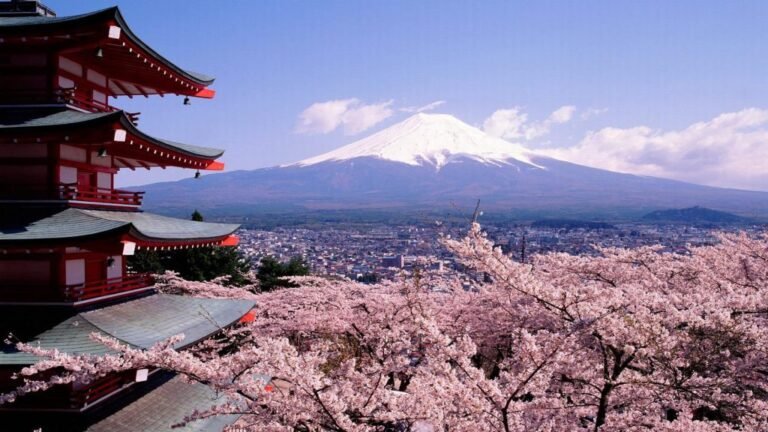- +977 (984) 9081900
- ganbarenihon7@gmail.com
- E - W Hwy, Bharatpur 44207
Including Documentation, One Year Tuition Fees, Six Months of Hostel Fees, Plane Ticket, Consultancy Fees after COE Letter and Shopping and Pocket Money the total cost will be around Thirteen lakhs.
Do you want to study with us? Please, send us an email at gambarenihon7@gmail.com

The greatest appeal of studying in Japan is its academic environment where one can study state-of-the-art technology and acquire the knowledge that enabled Japan’s phenomenal postwar economic growth. Whether it is electronics, Japanese literature, medicine, or international business administration, Japanese universities and other institutes of higher education can offer course studies or research programs in virtually any field.
The ratio of students who go on to universities (undergraduate level) and junior colleges (regular courses) is also very high in Japan at 56.2%. This figure is indicative of the high standard of education in Japan. Many institutions of higher education, such as universities and junior colleges, are well equipped with fine research, computer, and library facilities and enable students to carry out their research in an excellent environment.
Most students first enroll in a Japanese Language course for 12 months to 15 months, once they will are competent in the language then they can enroll for academic study at different Japanese colleges or universities. Students who want to go to Japan need to understand that first they will be studying the Japanese Language course then after only the main course of study.
Generally, a prospective student first enrolls in a Japanese language institution after arrival in Japan. In many cases, he or she studies Japanese and other related subjects at the language institution for between one and two years and then takes the entrance examination for a university. For this reason, the choice of a Japanese language institution is very important for the prospective student. Similarly, studying in the USA from Nepal has monopolized the recognition of almost all study-abroad aspirants
There are two types of Japanese language institutions for foreign students who wish to go on to a Japanese university for either undergraduate or postgraduate studies.